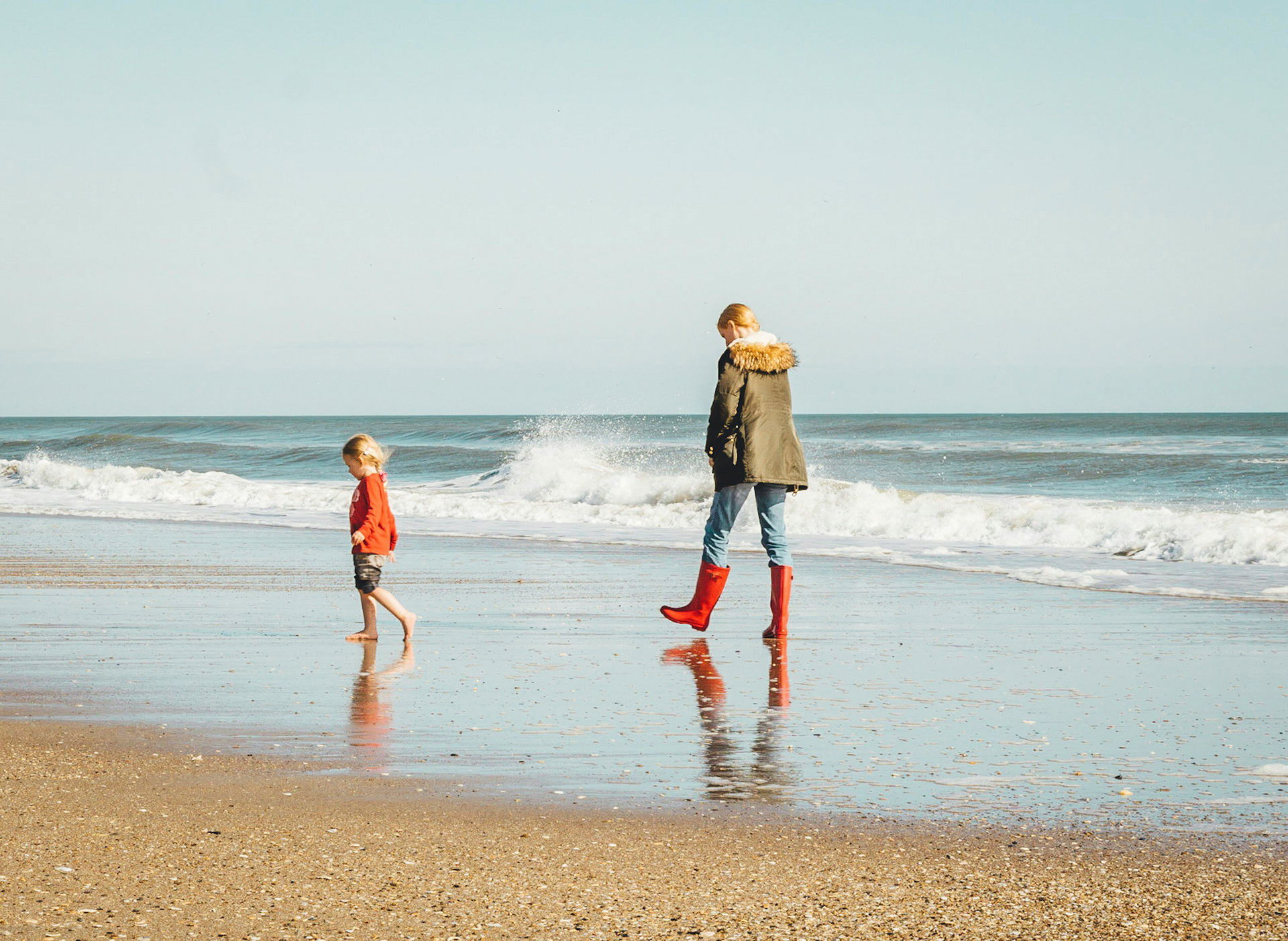Managing Parenting Anger

By Mette Theilmann
We have all been there, where our kids have said and done something that brings out deep emotions in us and maybe we start saying and doings things we regret later on.
But keep in mind it is not the child’s behaviour that makes us angry, it is how we feel in the moment: stressed, frustrated, sad, lonely, tired etc. If we are aware of our feelings and are in a state of well-being we are less likely to ‘lose it’ and go to that place that we regret later on.
Anger is an emotion, a way to express negative feelings or thoughts towards someone, something or a situation. For instance:
• Snapping at your kids or interrupting them mid-sentence
• Yelling at your kids too quickly
• Not listening before they can explain themselves
• Blaming, shaming, criticising and maybe even bullying
• Blaming yourself for being an awful parent all the time
Steps to manage your anger:
Awareness is the first step to change so let’s explore WHAT are your triggers, HOW does anger show itself, WHERE do you feel the anger:
• Identify your anger triggers: Have a think about ‘what makes you lose it’, i.e. when your child begs, refuses to do something, screams, sibling fighting etc.
• What are the signs: that are telling you that you’re about to get angry? These can be physical: headache, stomach in knots, clenched hands, grinding teeth, tight chest etc. Or emotional: thinking negatively about your child, situation or life, beating yourself up or feeling sorry for yourself etc.
• When do you experience anger the most: Have a think WHEN you are most likely to get angry and WHAT part of the of the day: When you are tired, stressed, hungry, just came home from work etc. morning when have to get out the door? Coming home after a long day? bedtime, dinner time, homework? Over screen time? etc.
If something isn’t working, change it:
If there is a certain situation, or part of the day, that really set you off it’s a sign that something needs to be reset.
• Do you need to sit with your family and create a new morning, bedtime, homework etc routine?
• Do you and your child need to agree to a new screen agreement?
• Maybe your children need to be part of meal planning, so they feel that their opinion matters
Basically, what I am saying here ‘if we keep doing the same things, we will get the same response’…
BE prepared:
Once you know what the triggers and signs are, you can be prepared. If you know that your child will have a strong reaction to your request and that it winds you up – then before you ‘enter the situation’. This will help you to pause and think and prepare yourself for your child’s reaction and your own emotions.
Tell yourself that it is normal and natural for kids to have strong reactions to our words, expectations and requests. And this is OK – they are just doing what they need to do. And we must also do what we need to do, which is to ‘KEEP CALM, be firm and consistent’.
• Stay calm: before you do or say ANYTHING – STOP and take a deep breath in and slowly let it out. Don’t immediately attend to your child’s request, demand, behaviour or words. Just stop and breathe. This gives you time to check in with your emotions, ‘How am I feeling right now?’ i.e. angry, frustrated, stressed, disappointed etc. And accept the feelings as they are – but don’t let them take over and hijack what you do and say next.
By doing this your kids will not only feel safe with you, but also start pairing your behaviour.
• Say it out loud: it’s OK to FEEL angry but it is what we DO with it that matters. Try to say it out loud to you and your child. This will help you to calm down, and your child will be aware of how you feel – they don’t have to second guess. ‘I am feeling really frustrated now since we are running late and that stresses me’ etc. This will also teach your child that emotions are ok as long as we can manage them and verbalise them.
• Choose your battles and ignore the rest: you don’t have to respond to ALL your child’s annoying, irritating or bad behaviours. Some you can choose to ignore and ‘let it go’ (keep in mind that we are ignoring the behaviour i.e. the screaming, begging etc. – NOT the child). Place your attention where it really matters i.e. when your child is hurting someone, being too rude/disrespectful, stealing, lying, damaging things, breaking rules and agreement etc. The things we CANNOT let go off and ignore.
• Choose your language carefully: less is more. Once we start getting into the power struggle of who can scream the loudest and have the last word, we have lost! Keep it short and clear: If you have to say anything make sure you control your tone (natural), body language (assertive and firm but not aggressive, nor timid) and think before you talk so you only say what needs to be said – don’t go into word flow! Once you get into word flow you are in danger of saying things you regret later on, plus this opens up the opportunity for the child to keep the ‘negotiation going’. And you are at risk of sounding insecure about your decision since you have to ‘convince’ the child. KEEP IT SHORT!
• Let the child have their emotions too: it is not our job to control our child’s emotions, only our own. Try not to stop your child from feeling or telling them what to feel instead: ‘stop being so angry, don’t scream – calm down – it will be OK’. Just come from a place of Listening: I can hear you are XXX. Understanding: and I get that you are XX now because of XX. Accepting: and it is OK to feel XXX. Listening, understanding and accepting a child’s feelings and behaviour is NOT the same as agreeing or giving in.
• Do what you need to do right now: once you have checked in with your emotions you can make a decision about what you will do / say (or not) and what needs to happen next, i.e. take a time out, ignore the behaviour, listen and say less etc.
• Forgive and move on: I know it is hard to forgive and move on when our kids have behaved like little brats, but we need to re-engage. Show them that we are OK and that the connection with your child is OK and safe. Plus, it gives them a chance to change and come back and restore the peace and damage – a way out. It doesn’t have to be much: a little hug, a squeeze of the shoulder, a smile or you can even do something small together etc. Here you role model that it is OK to feel angry and that we can work ourselves out of it. Be the adult. CLICK here for an activity ‘Whine & let go’
Awareness question:
• What triggers your anger?
• What are the signs that you are about to lose it?
• What part of the day or situation sets off your parenting anger?
CLICK here to read ‘Dealing with my child’s big emotions & anger’ OR ‘Dealing with child’s negativity’ Or ‘My child is defiance‘ OR ‘Dealing with back talk‘

